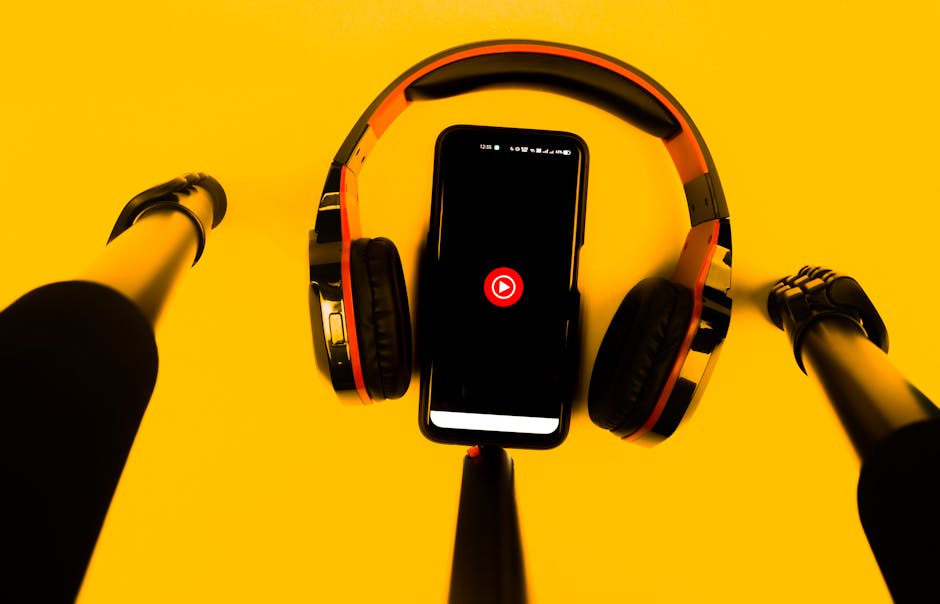A primary benefit is the vastly expanded reach offered by these platforms. Spotify, Apple Music, and others boast millions of subscribers globally, exposing musicians to a potential audience far exceeding the limitations of traditional distribution methods like physical sales or radio play. This democratizing effect allows independent artists, previously reliant on expensive record labels, to connect directly with listeners worldwide. Furthermore, sophisticated algorithms and personalized playlists can drive organic discovery, introducing artists to listeners who might not have encountered their music otherwise. This increased visibility can translate into higher streaming numbers, leading to greater recognition and opportunities.
However, the financial realities of streaming remain a major source of contention. The revenue generated per stream is notoriously low, often falling far below a penny per play. While a highly streamed song can accumulate substantial royalty payments, this is often only achievable for artists with already established followings or those whose music enjoys viral popularity. Emerging artists struggle to generate sufficient income solely through streaming, forcing them to rely on supplementary income streams, such as merchandise sales, live performances, or Patreon subscriptions. This precarious financial landscape discourages investment in high-quality recordings and professional production, potentially hindering artistic growth.
The nature of streaming royalties further complicates the issue. Royalties are often calculated based on a complex system involving subscription fees, geographic location, and user listening habits. Transparency regarding these calculations remains a significant concern for many artists, leading to frustration and a sense of powerlessness. Negotiating fair terms with streaming providers often requires significant legal and business expertise, a resource typically unavailable to independent artists. This imbalance of power leaves musicians vulnerable to exploitation and undermines their ability to earn a sustainable living from their music.
Beyond financial considerations, streaming services have profoundly impacted the relationship between artists and their fans. The immediate accessibility of music through streaming platforms fosters a more intimate connection, allowing artists to engage with listeners directly through social media and online interactions. This direct engagement enables artists to cultivate a loyal fanbase and build a sense of community, crucial for long-term success. Moreover, data analytics provided by streaming platforms can offer valuable insights into listener preferences, enabling artists to refine their creative output and better target their marketing efforts.
However, the ease of accessing music also contributes to the devaluation of music itself. The “all-you-can-eat” model of subscription services encourages passive listening, diminishing the perceived value of individual songs and albums. This perception affects album sales and diminishes the incentive for listeners to invest in purchasing music outright. Furthermore, the sheer volume of music available on these platforms can make it difficult for artists to stand out from the crowd, leading to a sense of oversaturation and fierce competition.
The influence of streaming services extends beyond financial and promotional aspects. They have also transformed the creative process for many musicians. The immediate feedback loop provided by streaming analytics allows for real-time assessment of listener engagement. Artists can track the popularity of different songs, observe which elements resonate most strongly with their audience, and adjust their creative direction accordingly. This data-driven approach to music creation can lead to more commercially successful work, but some argue it also stifles artistic risk-taking and encourages a homogenization of musical styles.
In conclusion, the impact of streaming services on musicians is a complex and evolving story. While offering significant advantages in terms of reach, accessibility, and data-driven feedback, they present equally significant challenges, particularly concerning financial compensation and the perceived value of music. The ultimate benefit to musicians depends on various factors, including their existing profile, genre, business savvy, and ability to leverage the platform’s tools effectively. A sustainable future likely requires a continued push for greater transparency in royalty calculations, fairer payment structures, and a re-evaluation of the societal value of music in the digital age. While streaming services have undeniably changed the landscape, their long-term effect on the well-being and artistic freedom of musicians remains to be fully determined.
